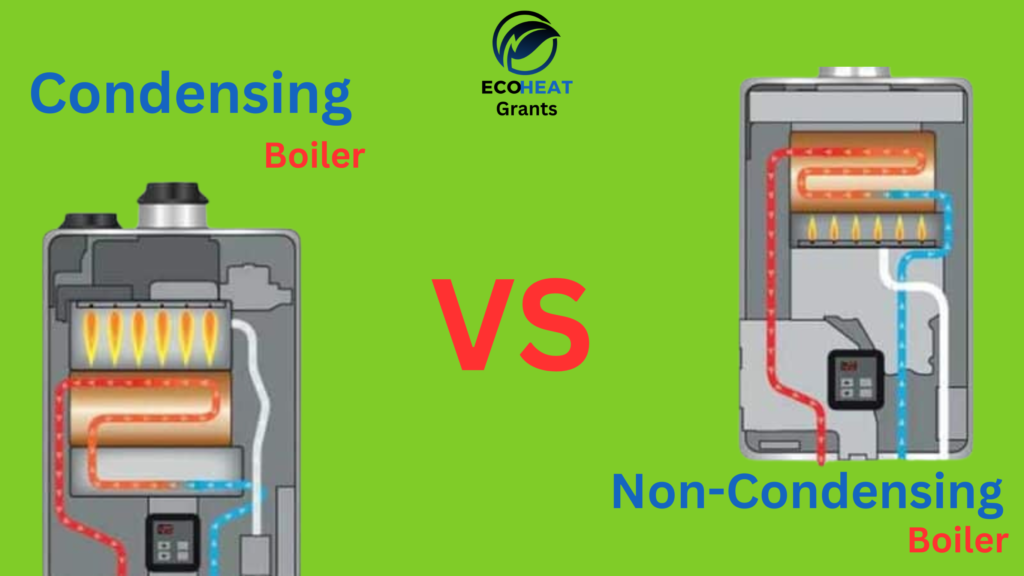Comparing Condensing and Non-Condensing Boilers: A Comprehensive Guide to Choosing the Right Heating System for Your Home

Condensing boilers and non-condensing boilers are two types of heating systems used in homes and buildings. The main difference between them lies in how they handle the combustion process and utilize heat.
1.Condensing Boilers:
- Efficiency: Condensing boilers are known for their high efficiency. They can extract more heat from the combustion process by condensing water vapor in the flue gases, which releases additional latent heat. This makes them more energy-efficient and cost-effective in the long run.
- Venting: Condensing boilers have a secondary heat exchanger that allows them to operate with lower flue gas temperatures. This enables the use of PVC, CPVC, or stainless steel venting materials instead of traditional chimney venting.
- Environmentally Friendly: Due to their higher efficiency, condensing boilers produce lower carbon dioxide emissions compared to non-condensing boilers, making them more environmentally friendly.
- Initial Cost: Condensing boilers generally have a higher upfront cost compared to non-condensing boilers. However, the energy savings over time can offset this initial investment.
2.Non-Condensing Boilers:
- Efficiency: Non-condensing boilers are generally less efficient than condensing boilers because they do not capture and utilize the latent heat in the flue gases. They typically have lower AFUE (Annual Fuel Utilization Efficiency) ratings.
- Venting: Non-condensing boilers require higher flue gas temperatures, and as a result, they often require traditional chimney venting made of materials capable of withstanding higher temperatures.
- Environmental Impact: Since non-condensing boilers are less efficient, they may produce higher levels of carbon dioxide emissions compared to condensing boilers.
- Initial Cost: Non-condensing boilers usually have a lower upfront cost, making them more budget-friendly initially.
When choosing between a condensing and non-condensing boiler, it’s essential to consider factors such as energy efficiency, environmental impact, venting requirements, and initial cost. In many regions, building codes and regulations may also influence the choice between these two types of boilers. Condensing boilers are generally recommended for their higher efficiency and lower environmental impact, but individual circumstances and budget constraints should be taken into account.


